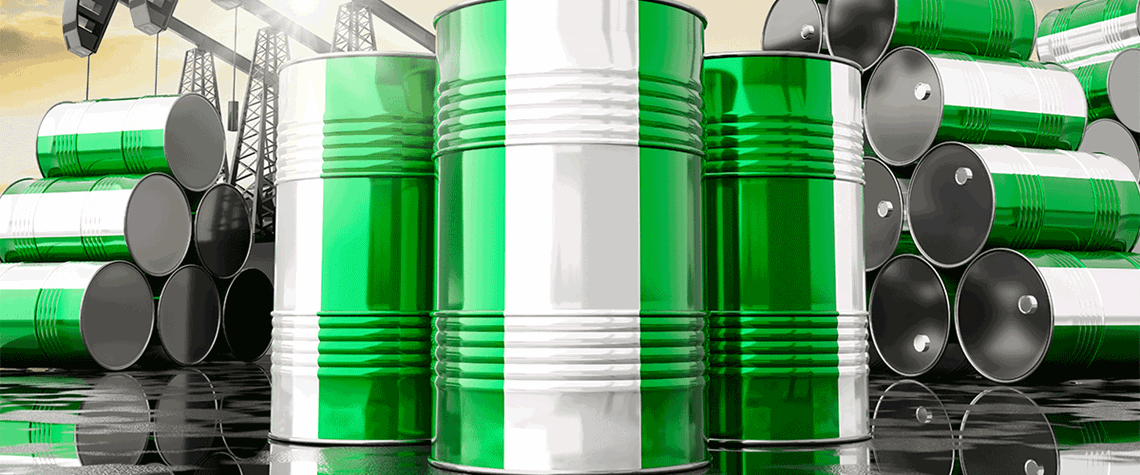Modular refineries offer Nigeria solutions
Official support for small refineries may improve security and help the country meet both its OPEC crude production quotas and domestic product requirements
Despite the recent—albeit delayed—startup of the mammoth Dangote project, Nigeria’s modular refineries are still emerging as crucial crude oil processing facilities, with some boasting capacities of up to 30,000b/d. These units are being strategically developed as part of broader initiatives aimed at addressing the challenges of oil theft and fostering a peaceful environment in the oil-producing region of the Niger Delta. The plants require significantly lower capital investment compared with their full-scale counterparts, while their crude distillation units can still produce low-grade gasoline, diesel, kerosene and residual fuel oil. According to a report from the government’s Nigerian Con

Also in this section
17 February 2026
The 25th WPC Energy Congress, taking place in Riyadh, Saudi Arabia from 26–30 April 2026, will bring together leaders from the political, industrial, financial and technology sectors under the unifying theme “Pathways to an Energy Future for All”
17 February 2026
Siemens Energy has been active in the Kingdom for nearly a century, evolving over that time from a project-based foreign supplier to a locally operating multi-national company with its own domestic supply chain and workforce
17 February 2026
Eni’s chief operating officer for global natural resources, Guido Brusco, takes stock of the company’s key achievements over the past year, and what differentiates its strategy from those of its peers in the LNG sector and beyond
16 February 2026
As the third wave of global LNG arrives, Wood Mackenzie’s director for Europe gas and LNG, Tom Marzec-Manser, discusses with Petroleum Economist the outlook for Europe’s gas market in 2026







